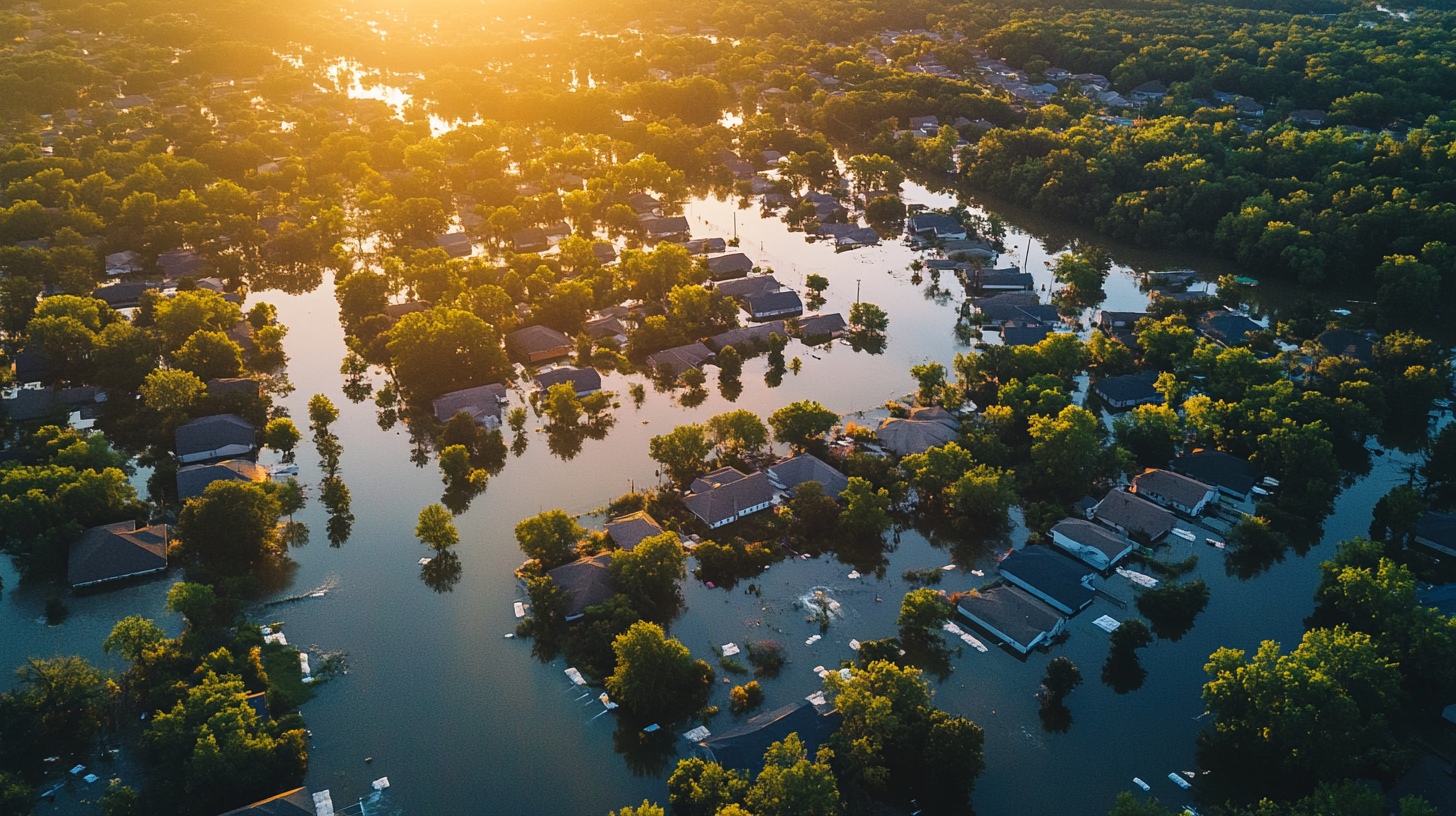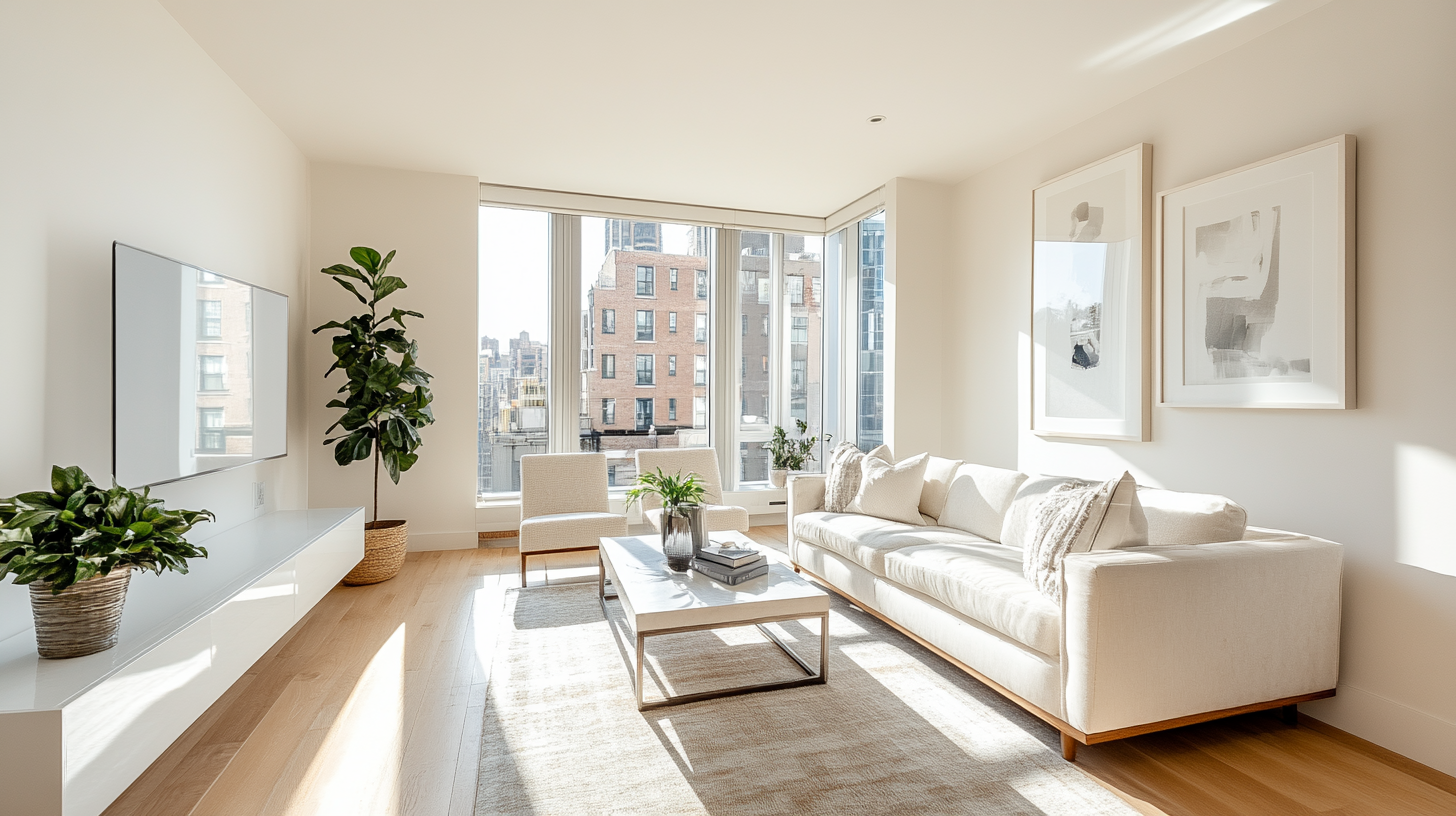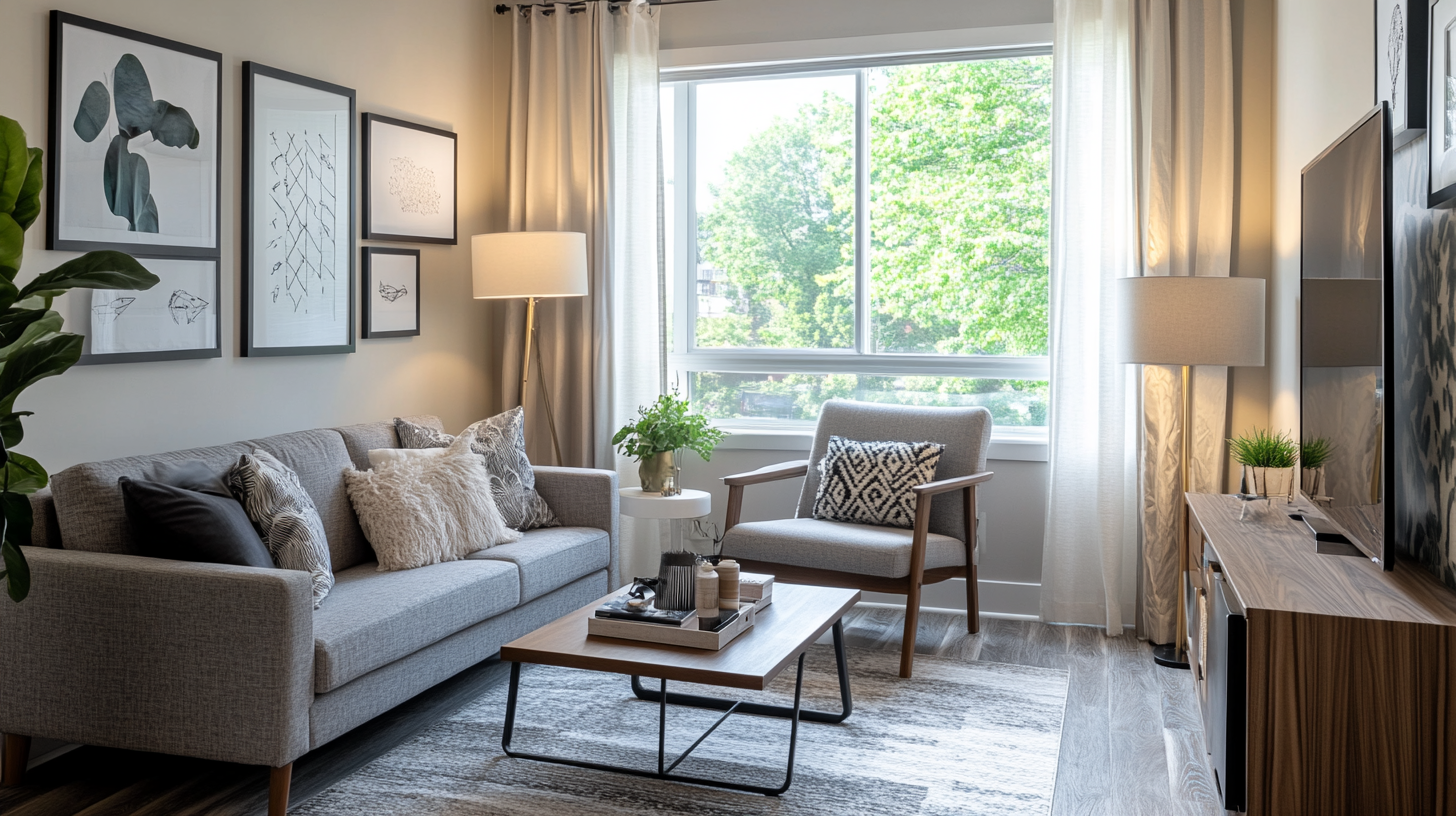Red Flags Every Renter Should Look Out For
Renting a new place is exciting, but it can also be stressful. A bad landlord or poorly maintained property can lead to financial headaches and uncomfortable living conditions. In 2023 alone, rental scams cost Americans over $350 million, according to the Federal Trade Commission (FTC). To avoid falling into a bad rental situation, it's important to know the warning signs before signing a lease.
This guide will help you spot red flags that could indicate a rental scam, a dishonest landlord, or a poorly managed property.
1. The Listing Has Few or No Photos
In today’s digital world, every landlord should be able to upload clear, recent photos of the property. If a listing has only a couple of images or none at all, it could mean:
- The landlord is hiding property damage or poor conditions.
- The listing might be a scam, using fake descriptions to lure in renters.
How to Protect Yourself:
- Ask for a virtual tour or more photos before visiting in person.
- Compare the listing on multiple rental sites to ensure consistency.
2. The Landlord Won’t Let You See the Property
A landlord who refuses to let you see the rental before signing a lease is a major red flag. Some scammers try to collect deposits or rent payments without ever showing a real property. Others may be hiding serious issues with the unit.
How to Protect Yourself:
- Never send money before viewing the property in person.
- Avoid landlords who claim they are “out of town” and can’t show the unit.
- Check online for reviews about the landlord or property management company.
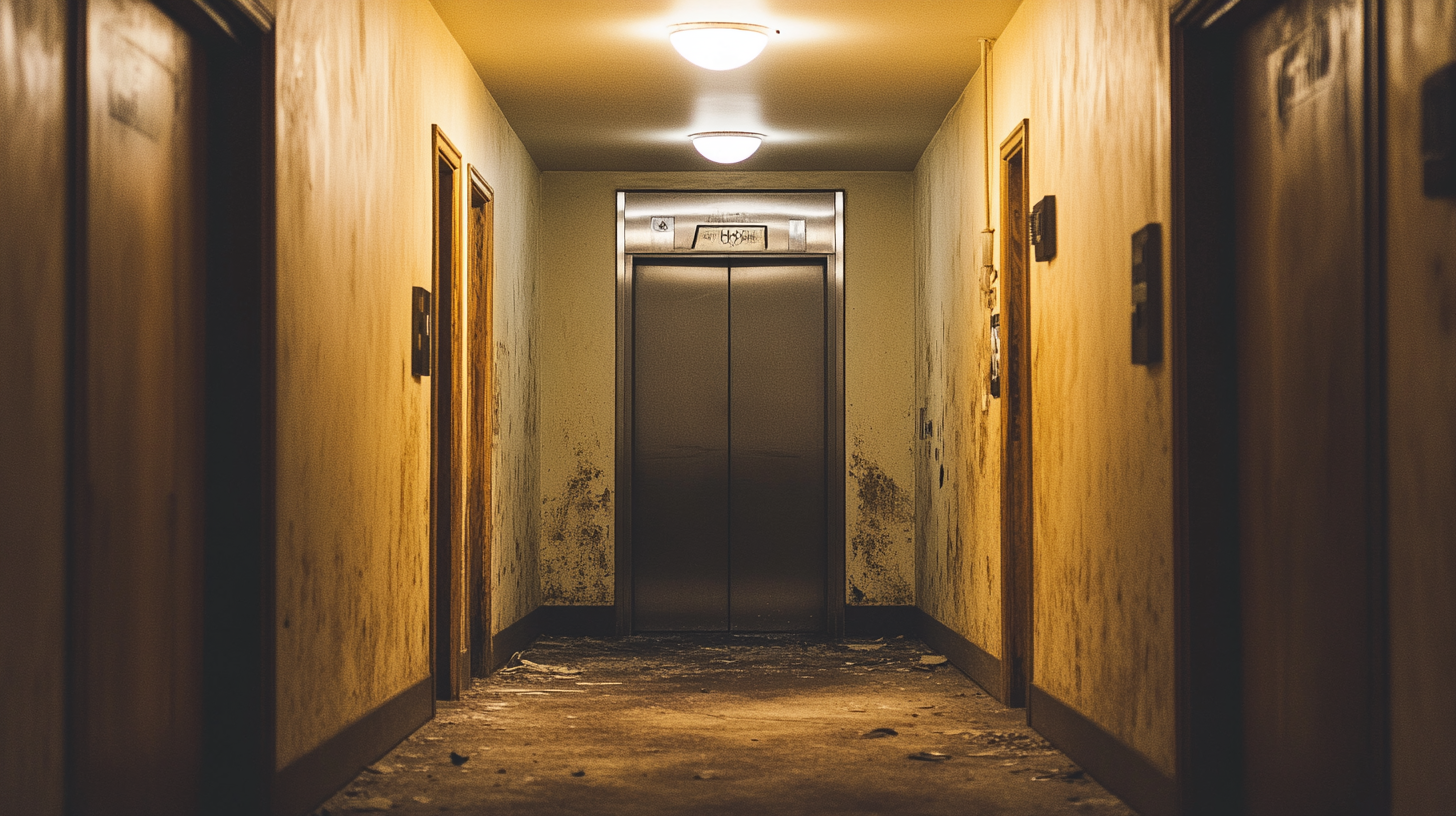
3. The Price Seems Too Good to Be True
If a rental’s price is much lower than similar listings in the area, it could be a scam or a poorly maintained unit. Some scammers copy real listings and lower the price to attract desperate renters.
How to Protect Yourself:
- Research average rent prices in the area using sites like Zillow, Apartments.com, or Rent.com.
- Be cautious if the landlord asks for a large upfront payment before signing a lease.
4. The Lease Terms Are Unclear or Missing
A written lease agreement protects both the renter and landlord. If the lease is missing details or has blank spaces, you could be at risk for:
- Hidden fees or unexpected rent increases.
- Unclear maintenance policies, making it hard to get repairs done.
- Sudden eviction, if terms aren’t clearly outlined.
How to Protect Yourself:
- Read the lease carefully before signing.
- Ask the landlord to put all agreements in writing, including maintenance responsibilities and deposit terms.
- Avoid landlords who pressure you to sign without reviewing the details.

5. Poor Communication from the Landlord
A landlord who is hard to reach, slow to respond, or vague about important details can lead to major issues down the road. If they don’t communicate well during the rental process, they probably won’t be reliable when you need repairs or assistance.
How to Protect Yourself:
- Ask how maintenance requests are handled.
- Call or email the landlord before signing—if they take too long to reply, consider other options.
- Look for online reviews about the landlord or property management.
6. The Property Has Signs of Neglect
When you visit, take note of how well the property is maintained. Signs of neglect could mean frequent repair issuesor a landlord who doesn’t invest in upkeep.
Warning Signs to Look For:
- Leaks or water damage on ceilings and walls.
- Broken appliances, doors, or windows.
- Overgrown landscaping or trash around the property.
- Bad odors in the unit or common areas.
How to Protect Yourself:
- Test appliances, faucets, and doors during your tour.
- Ask current tenants (if possible) about their experience.
- Check for recent maintenance records if available.
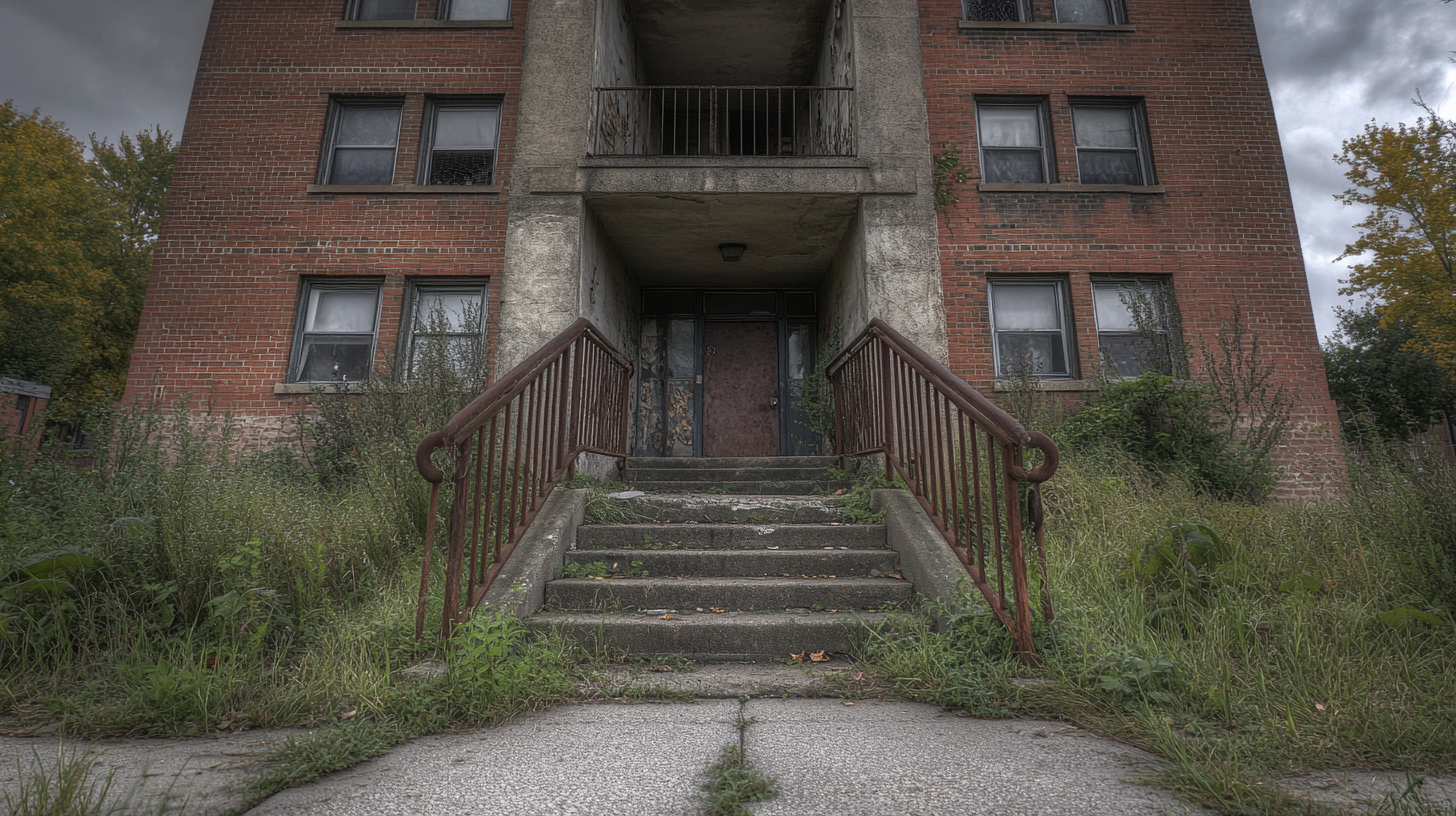
7. The Lease Includes Unusual or Illegal Clauses
Some leases may include unfair or illegal terms, like:
- No legal notice before entering your unit.
- High late fees that exceed local laws.
- Non-refundable security deposits, which are illegal in some states.
How to Protect Yourself:
- Research tenant rights in your state on HUD.gov or local housing authority websites.
- If a term seems unfair, ask for clarification or negotiate.
- Never sign a lease without understanding all the conditions.

8. The Landlord Demands Cash Payments
Scammers often ask for cash payments or wire transfers, making it impossible to trace or recover your money if something goes wrong. Legitimate landlords accept checks, money orders, or online payments through secure platforms.
How to Protect Yourself:
- Never pay rent or deposits in cash.
- Use checks, credit cards, or digital payment platforms with records.
- If the landlord insists on cash only, walk away.
9. No Tenant Screening or Background Check
Most legitimate landlords require an application with a credit check, income verification, and rental history. If a landlord doesn’t ask for any background information, it could mean:
- They are desperate to rent a bad unit.
- They may not be a real landlord but a scammer.
How to Protect Yourself:
- Be wary of landlords who approve tenants too quickly.
- Ask to see proof that they own or manage the property.
- Check if the property is legally registered for rental use.
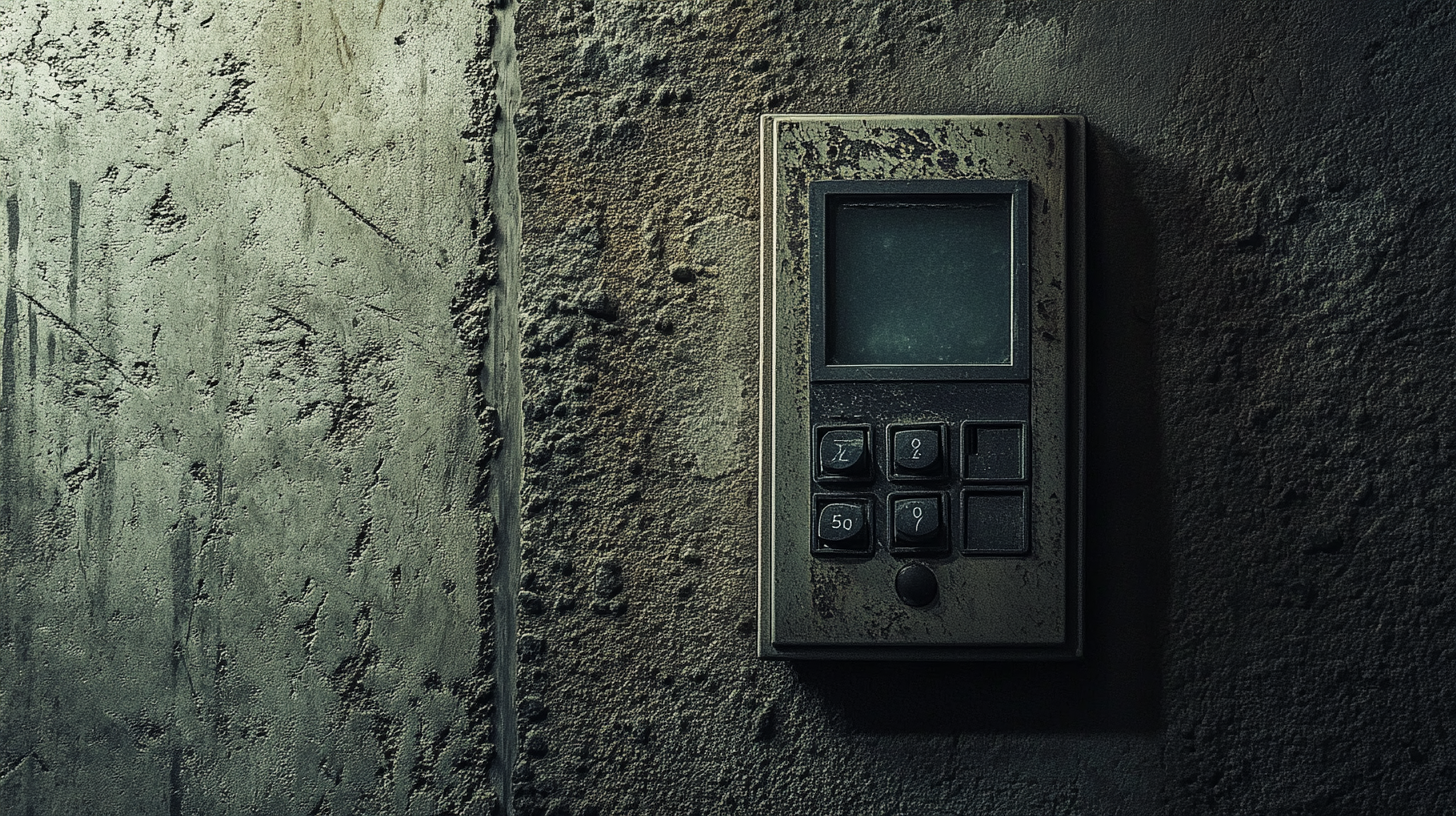
Final Thoughts: Protect Yourself as a Renter
Renting a home or apartment is a big financial decision. By being aware of these red flags, you can avoid scams, bad landlords, and properties that could cause stress in the future.
Looking for a Reliable Rental in Milwaukee?
At Enigma Properties, we make renting simple and stress-free. Our well-maintained apartments across Milwaukee offer safe, clean, and comfortable living with a responsive team dedicated to tenant satisfaction.
Looking for rental-friendly decor tips? Check out our guide: "9 Renter-Friendly Decorating Hacks: Transform Your Rental Space."


